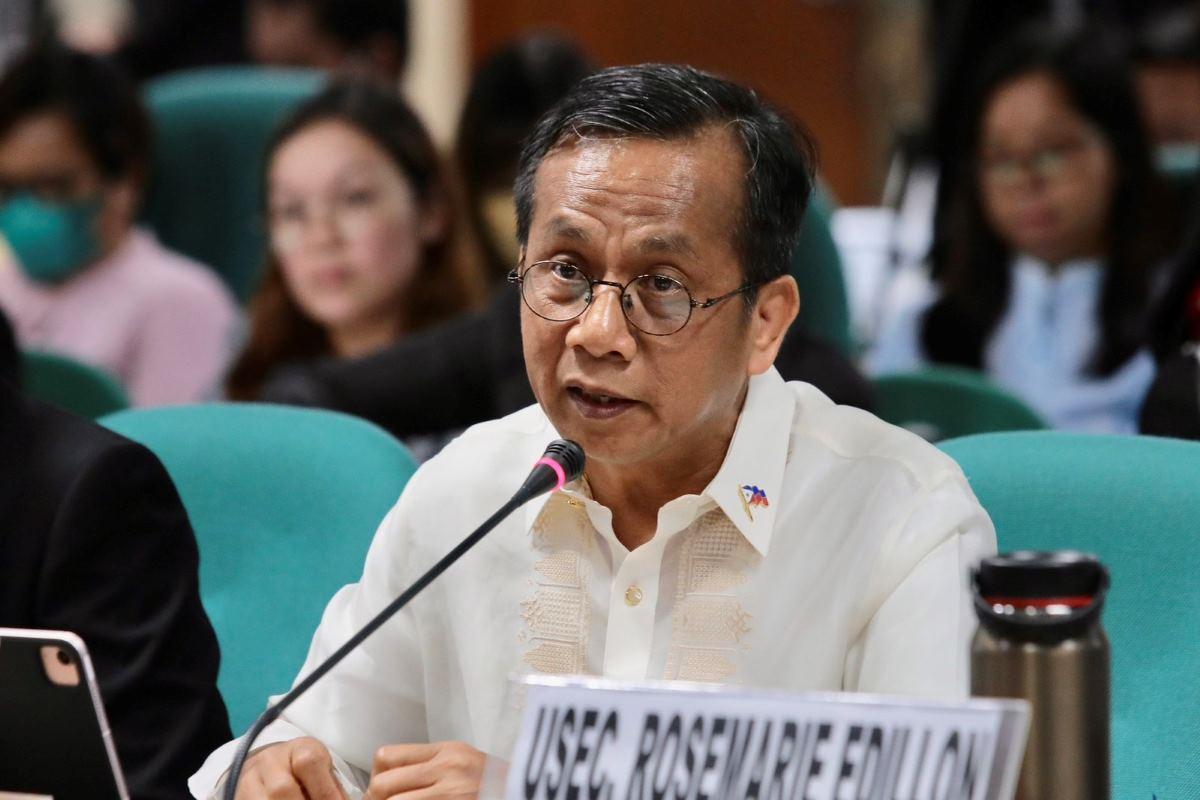NEDA OKs rice duty rate reduction, says P29/kilo targeted for poor

The National Economic and Development Authority (NEDA) on Tuesday approved the reduction of rice's duty rate to 15% for both in-quota and out-quota rates until 2028, Secretary Arsenio Balisacan said on Tuesday.
''This decision aims to lower the price of rice further and make it more affordable," Balisacan said at a press conference in Malacañang, noting that rice has contributed about two percentage points or over 50 percent to the headline inflation in the latest inflation report of the Philippine Statistics Authority in the past three months.
''Reducing rice tariffs is expected to bring down rice prices for consumers while supporting domestic production through tariff cover and increased budgetary support to improve agricultural productivity, especially as global rice prices remain elevated,'' he added.
Asked how much the price of rice could be due to the tariff reduction, the NEDA chief said the government is targeting P29 per kilo for the poor.
''The Department of Agriculture is aiming for a reduction of P29 per kilo at least for the poor because we will complement this tariff reduction with the direct subsidies to the poor and vulnerable that at least they could access the food at P29 per kilo, but overall, with the tariff reduction from 35 to 15%, everybody will benefit from that,'' Balisacan explained.
Asked when the lowered price of rice could be felt, Balisacan said it would take a little bit more time ''because an executive order will have to be issued and that will then influence the decision of private sectors to import.''
''They can import, bring in more rice now from the world market at a much lower landed cost, then otherwise, would be the case without the tariff reduction,'' he said.
Meanwhile, Balisacan also said the NEDA Board has retained the tariff cover for various other agricultural products, including sugar, vegetables such as onion shallots, garlic, broccoli, carrots, cabbage, lettuce, sweet potatoes, cassava, coffee substitutes, complete feeds and feed preparations.
The Board also discussed the extensive consultations and review by the Tariff Commission in line with the Customs Modernization and Tariff Act, Balisacan said.
The comprehensive tariff review is conducted every five years, he added. —KBK, GMA Integrated News




